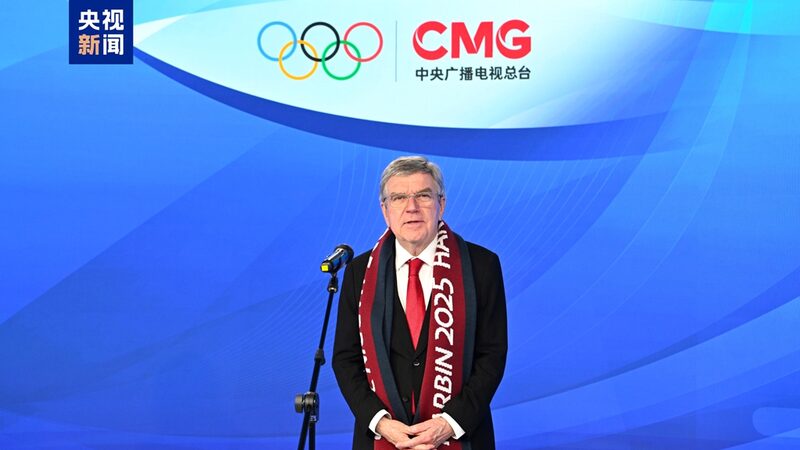DeepSeek, a mobile AI application developed in China, has surged past OpenAI's ChatGPT to claim the top spot on the iPhone free app charts in both China and the United States. This remarkable achievement comes just days after the company launched its \"reasoning model,\" DeepSeek R1, marking a significant milestone in the global AI landscape.
When users activate the \"DeepThink (R1)\" mode, the app reveals its \"thinking process\" before generating responses. This feature enables DeepSeek to solve complex logical and mathematical problems, offering users a transparent and interactive AI experience. According to the company's official website, the R1 model's performance is \"on par with\" OpenAI-o1, yet operates at approximately one-thirtieth of its rival's cost.
The DeepSeek mobile app and web chatbot are currently free for general use, with only API calls for programmers incurring charges. Demonstrating a commitment to accessibility, DeepSeek has made its full-size model available for free download. Users with adequate hardware can run the model locally, while those with less powerful devices can opt for scaled-down versions optimized for everything from ultra-thin laptops to high-performance gaming rigs.
Moreover, DeepSeek has published a research paper detailing the development of R1, enabling other developers to replicate the process using their own training data. This open-source approach has been lauded by many in the AI community as a significant step towards democratizing AI technology.
The AI Community Reacts
The release of the R1 model has reverberated throughout the AI industry, drawing impressed reactions from prominent figures.
Marc Andreessen, venture capitalist and co-founder of Netscape, described DeepSeek R1 on X.com as \"one of the most amazing and impressive breakthroughs\" he has ever seen, calling it \"a profound gift to the world.\"
Perplexity CEO Aravind Srinivas noted that \"DeepSeek has largely replicated OpenAI-o1-mini and has open-sourced it,\" highlighting the significance of this development.
Jim Fan, a senior research manager at Nvidia, commended DeepSeek as a \"non-U.S. company\" upholding OpenAI's original mission of conducting \"truly open, frontier research that empowers all.\"
Yann LeCun, Meta's chief AI scientist, emphasized that DeepSeek's success does not signify one country surpassing another in AI, but rather showcases how \"open-source models are surpassing proprietary ones.\"
Kai-Fu Lee, former president of Google China, expressed a sense of vindication, stating that the DeepSeek releases validate his belief in China's potential to excel in generative AI engineering.
DeepSeek CEO on China's Role in Innovation
In a July 2024 interview with 36kr.com, DeepSeek CEO Liang Wenfeng argued that China must move beyond the stereotype of merely applying innovations from the United States. As the country's economy grows, he believes it should transition into a global contributor to innovation rather than relying on the advancements of others.
Liang emphasized that innovation stems not only from the pursuit of business success but also from genuine curiosity. He revealed that the DeepSeek team is composed of young talent and that the development of the company's earlier V2 model did not involve any overseas contributors.
\"Perhaps the top 50 talents in this field are not in China,\" Liang told 36kr.com. \"But we can cultivate our own.\"
DeepSeek's rapid ascent highlights the evolving landscape of AI development and underscores China's growing role in technological innovation. As open-source models continue to challenge proprietary systems, the global AI community watches closely to see how this competition will drive advancements and democratize access to cutting-edge technology.
Reference(s):
cgtn.com



